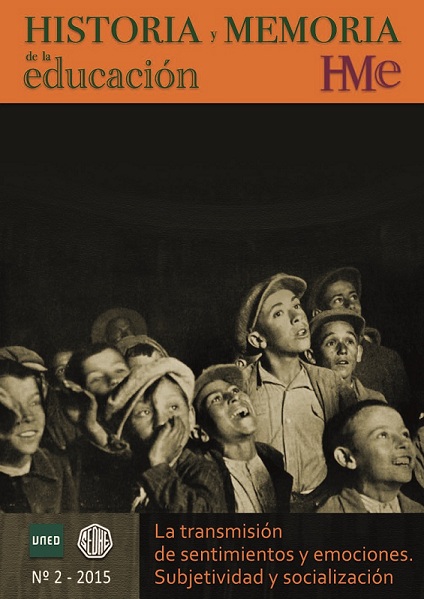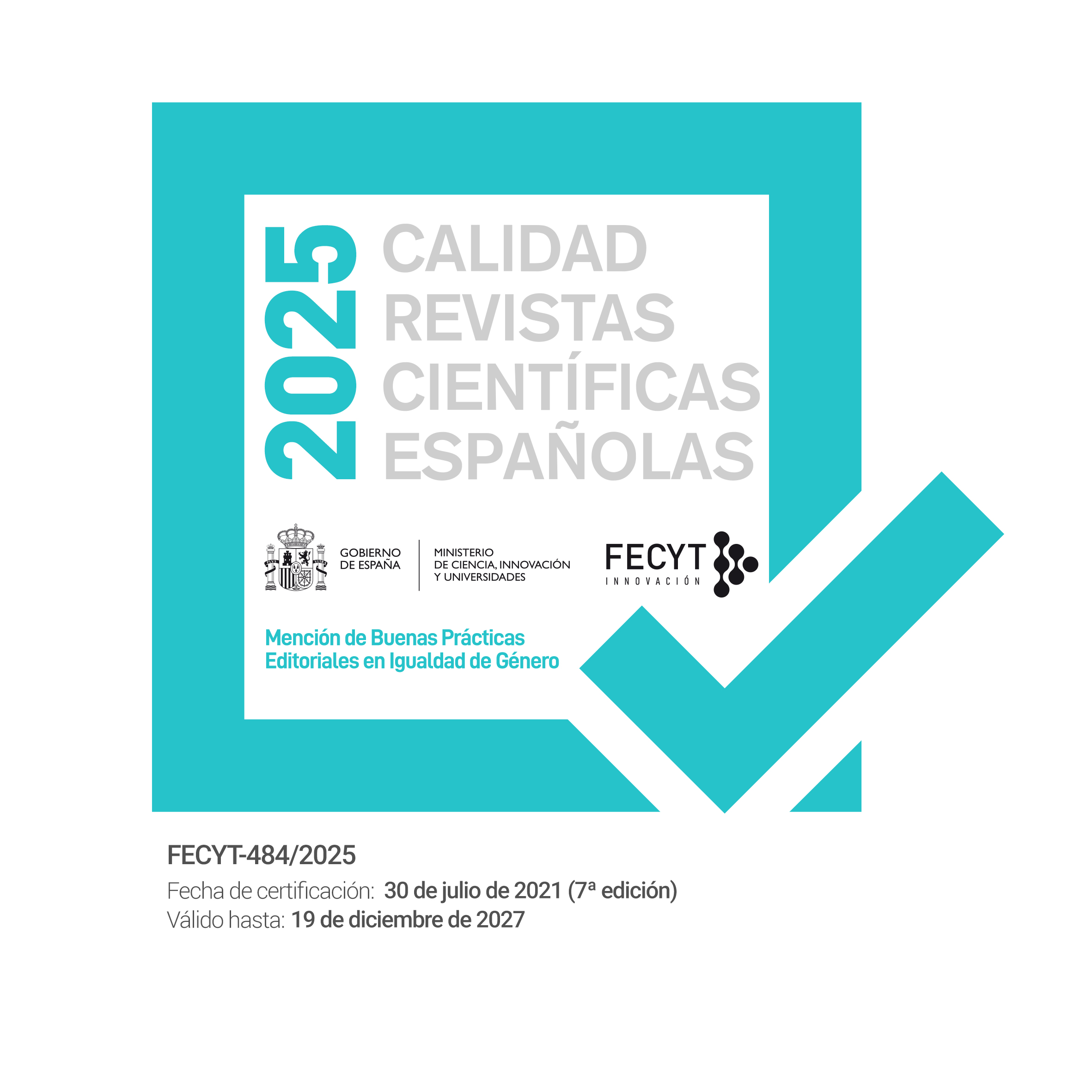Goodness, Compassion and Virtue: Keys to Rousseau's Education Proposals
DOI:
https://doi.org/10.5944/hme.2.2015.14283Keywords:
Rousseau, Goodness, Compassion, Virtue, EducationAbstract
The defense of the innate goodness of human beings is one of the most wellknown and polemic aspects of J. J. Rousseau’s philosophy. This article analyses the link between his anthropological conception and his educational model. In defending the idea that the human being has a natural «disposition» for doing good, feeling compassion and empathizing with others’ suffering, Rousseau is not invoking some long-lost, savage state of ours; rather, he is referring to a model of education that can help to encourage and develop such qualities by means of «maxims of pity» and the practice of virtue. In doing so he is proposing an education that encourages cooperation as well as humane feelings that will lead individuals to see others as equals rather than as rivals. We also offer a reflection here on the ambivalence of compassion and on some of the assessments and opinions regarding this sentiment, which was considered by Rousseau to lie at the very origin of humane feelings.
Downloads
Downloads
Published
How to Cite
Issue
Section
License
Authors who publish in Historia y Memoria de la Educación agree to the following terms:
- Authors retain copyright and grant the journal right of first publication with the work simultaneously licensed under a Creative Commons Attribution-NonCommercial 4.0 International that allows others to share the work with an acknowledgement of the work's authorship and initial publication in this journal.
- Authors are able to enter into separate, additional contractual arrangements for the non-exclusive distribution of the journal's published version of the work (e.g., post it to an institutional repository or publish it in a book), with an acknowledgement of its initial publication in this journal.
- Authors are permitted and encouraged to post their work online (e.g., in institutional repositories or on their website) prior to and during the submission process, as it can lead to productive exchanges, as well as earlier and greater citation of published work (See The Effect of Open Access).












